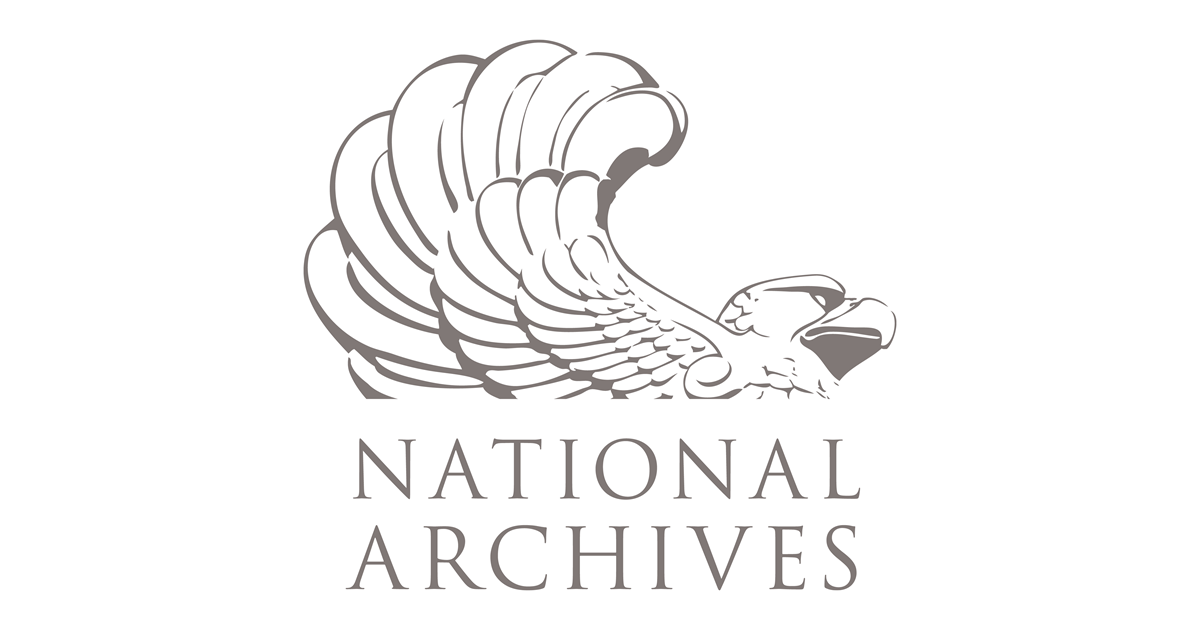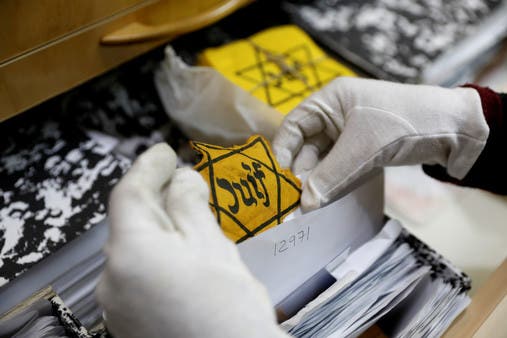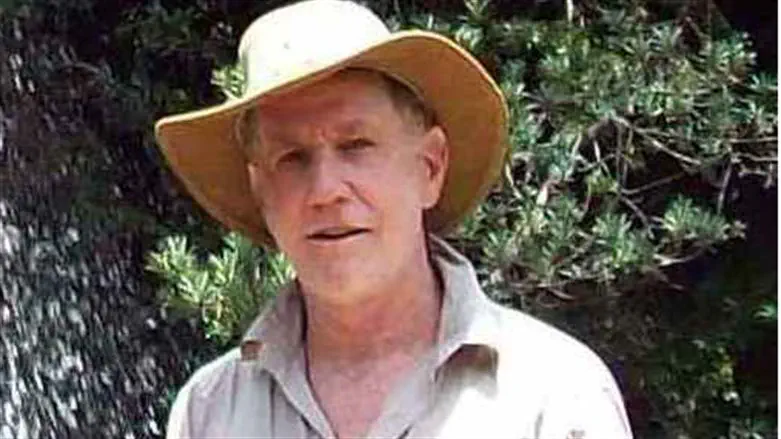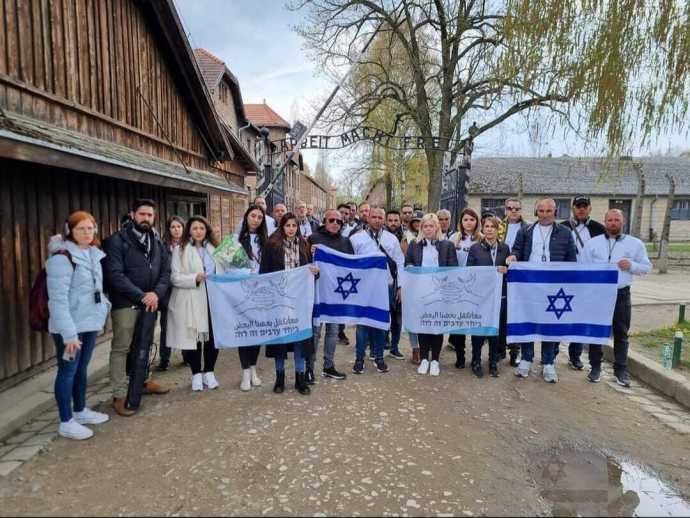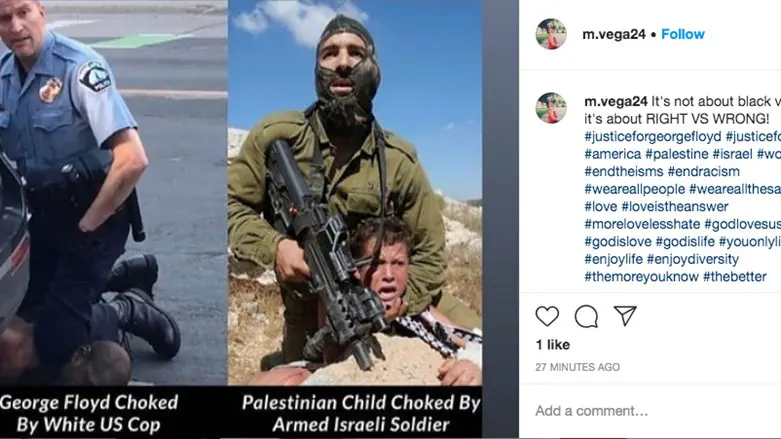Here are 7 relevant lessons from the Shoah for today’s reality:
1. The road to Auschwitz was paved with words. Words have consequences. A full 20 years before he would launch World War II, Hitler, then a soldier about to be sent home after Germany’s World War I’s defeat, was asked to write a report about the Jews. In it, he wrote, the “final aim, however, must be the uncompromising removal of the Jews altogether.” A world, including Jews, simply wouldn’t take Hitler’s words or Mein Kampf, six years later, seriously. As Nazi hunter Simon Wiesenthal remarked: “Our first reaction to Hitler was Jewish jokes. By the time we understood that the threat was real, it was too late.
2. Catering to a tyrant’s ego only feeds the beast. The 1936 Berlin Olympics offered the one thing he couldn’t bully or threaten to get: international legitimacy. Despite his racist and draconian anti-Jewish laws and actions, the world showed up, largely on his terms. Hitler had his Games and glory. The 1940 Olympics never happened. Germany launched World War II, invading Poland in September 1939.
3. Apathy provides oxygen for evil doers. In July 1938, the nations of the world convened the Evian Conference to seek a way for hundreds of thousands of German and Austrian Jews to find refuge in other countries. The result? Excuses, not action. Hitler took it as a sign for him to deal with Jews as he saw fit. Their fate was sealed.
4. Burning Houses of Worship portends greater evil. On November 9 and 10th most synagogues in Germany and Austria were burned to the ground in an organized pogrom signaling the end of public Jewish life. Shortly after the extinguishing of Jewish lives by the Nazis would begin in earnest.
5. Never confuse academic rank with ethics or morality. On January 20, 1942, 15 top German officials—8 with PhDs, convened the Wannsee Conference. In 90 minutes, over drinks, all 15—including every PhD, voted to murder Europe’s Jews as cheaply and efficiently as possible.
6. Hope can outlive the heroic victims of tyranny. Seventy-nine years ago on the first night of Passover, the remnants of the Warsaw Ghetto rose up against their Nazi oppressors. Most of the Jews would perish. But the Jewish heroes there, partisan fighters in the forests, in other ghettos, and even in Sobibor and Birkenau death camps, proved that Jews—even those facing imminent death- Fought Back linking themselves to Jewish destiny forever.
7. Justice still matters. As soon as he was liberated by US soldiers at the Mauthausen Concentration Camp, Simon Wiesenthal became the Nazi hunter-with a single goal: to restore the concept of justice by bringing the perpetrators to trial. Trials would send a warning to future criminals that they too would be held accountable.
Back in 1980, the late heroic Holocaust Survivor and Nazi Hunter Simon Wiesenthal delivered a series of lectures in the Midwest. At each venue, he was asked—always by a younger person: “Could the Holocaust happen again?”
His response:
‘When a society combines hatred, plus a crisis, plus technology, anything is possible… Had the Nazi technologies [decades before cell phones and social media] existed back in 1492, no Jew would have survived in Spain, no Catholic in England, no Protestant in France.’
A few years later, Iraqi dictator Saddam Hussein, gassed 5,000 Kurds - his own citizens and fellow Muslims. The world’s reaction was tepid and indifferent. Said Mr. Wiesenthal, “Humanity should have learned by now that tyrants interpret the world’s silence as a warrant to do even more…”
Imagine how different the world would be today if Saddam had been put on trial then. Imagine how different tomorrow will be if the perpetrators of today’s mass atrocities would actually be held accountable, or not.
(full article online)
This year’s Yom HaShoah - Holocaust Memorial Day - was observed yesterday. In Israel, a wailing siren brought everything and everyone to stand silently

english.alarabiya.net

